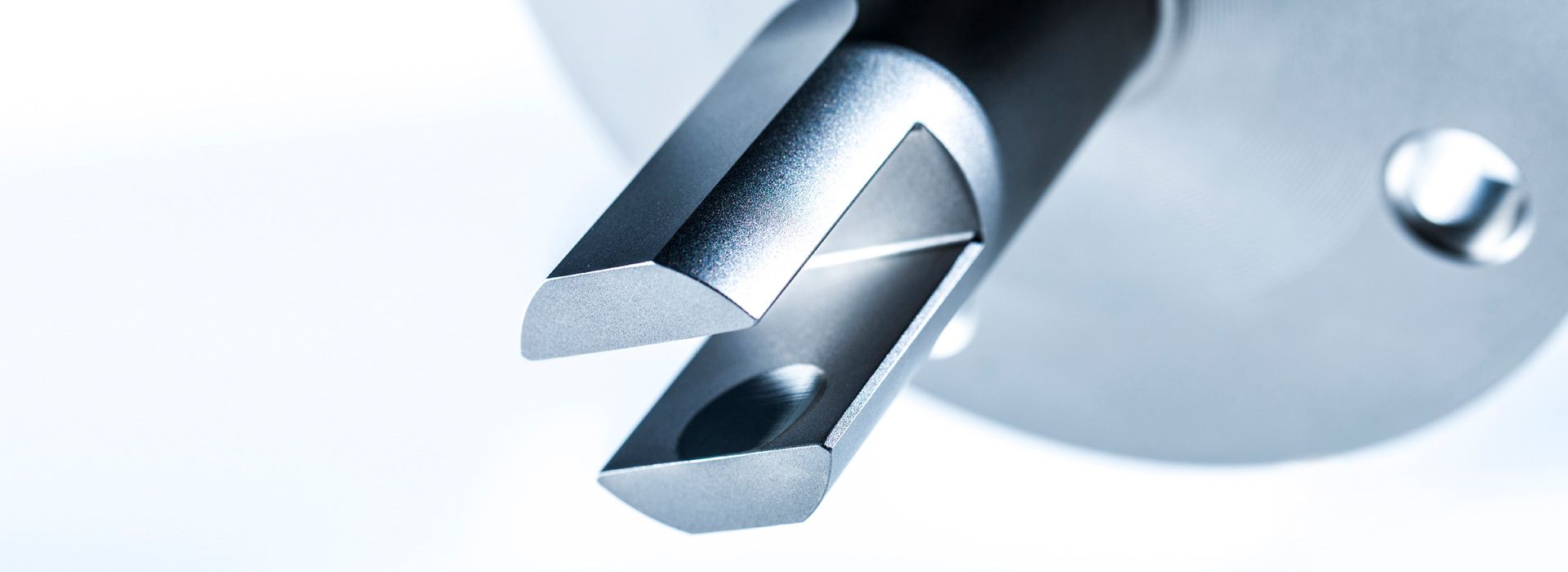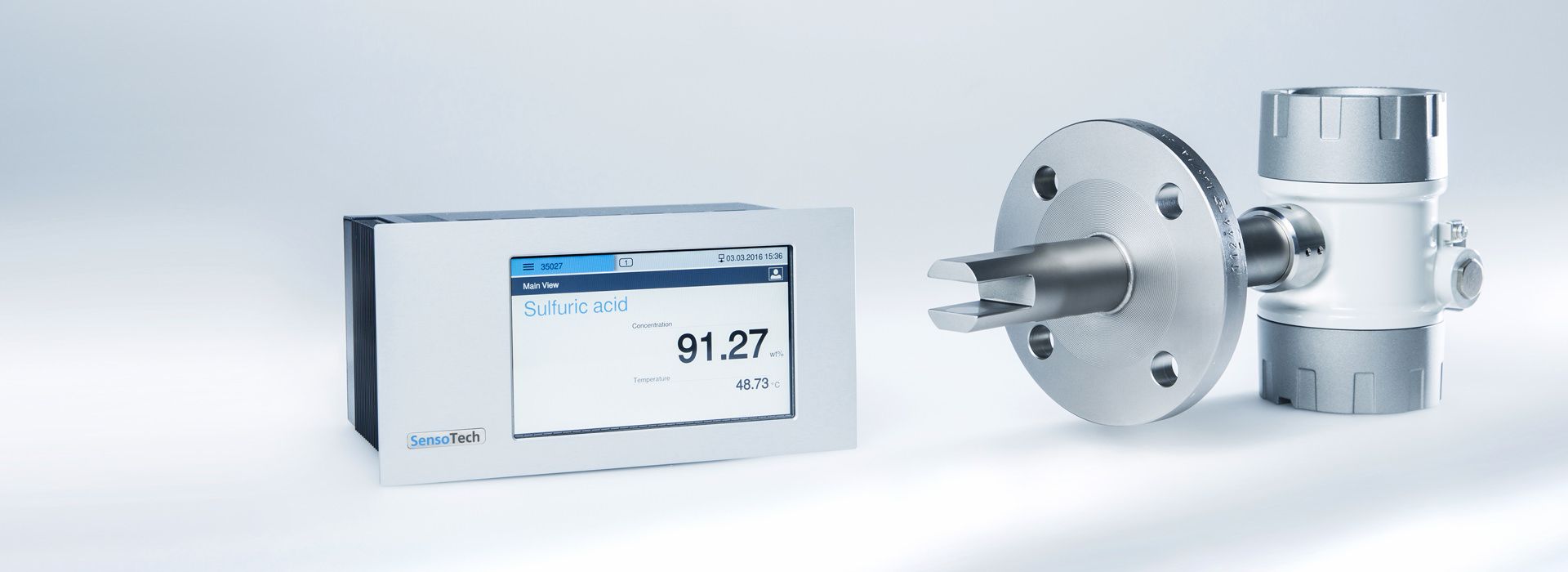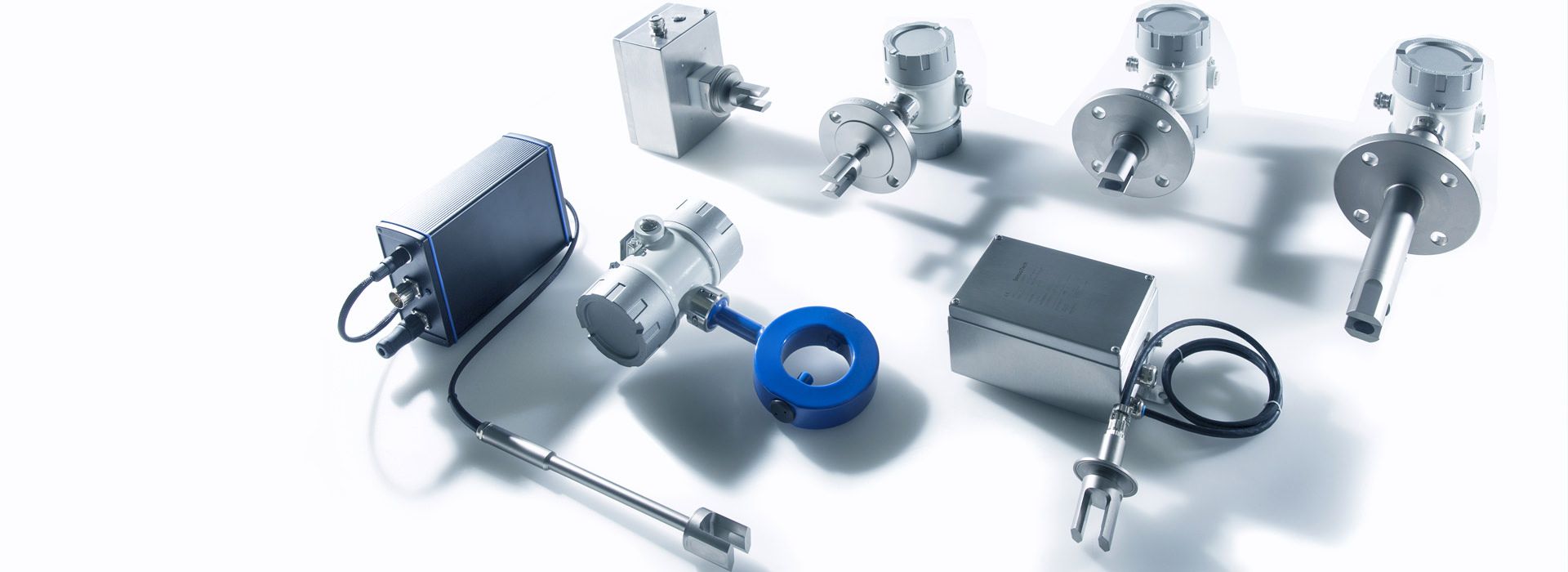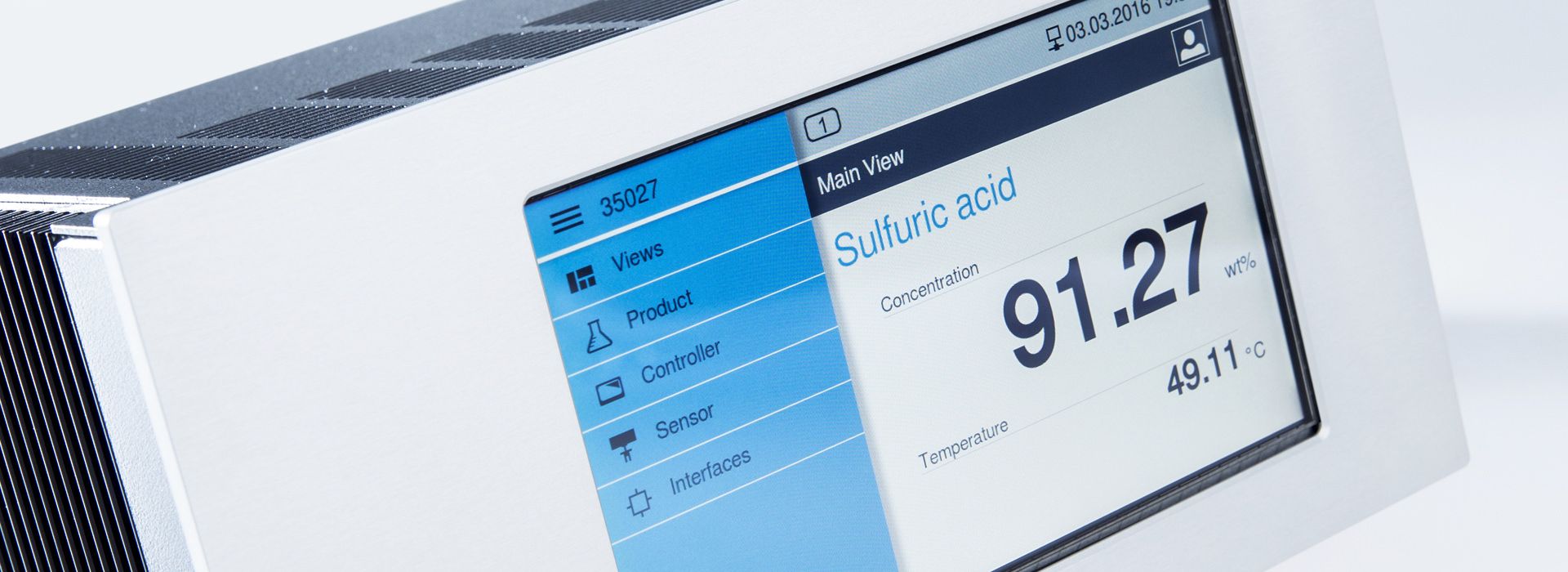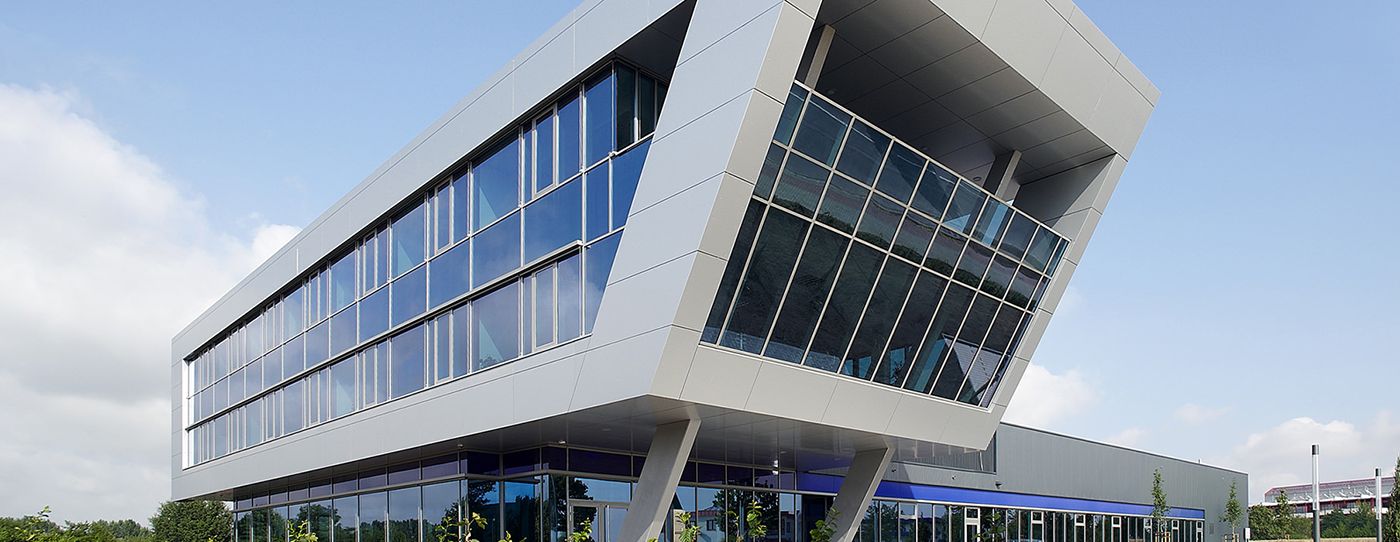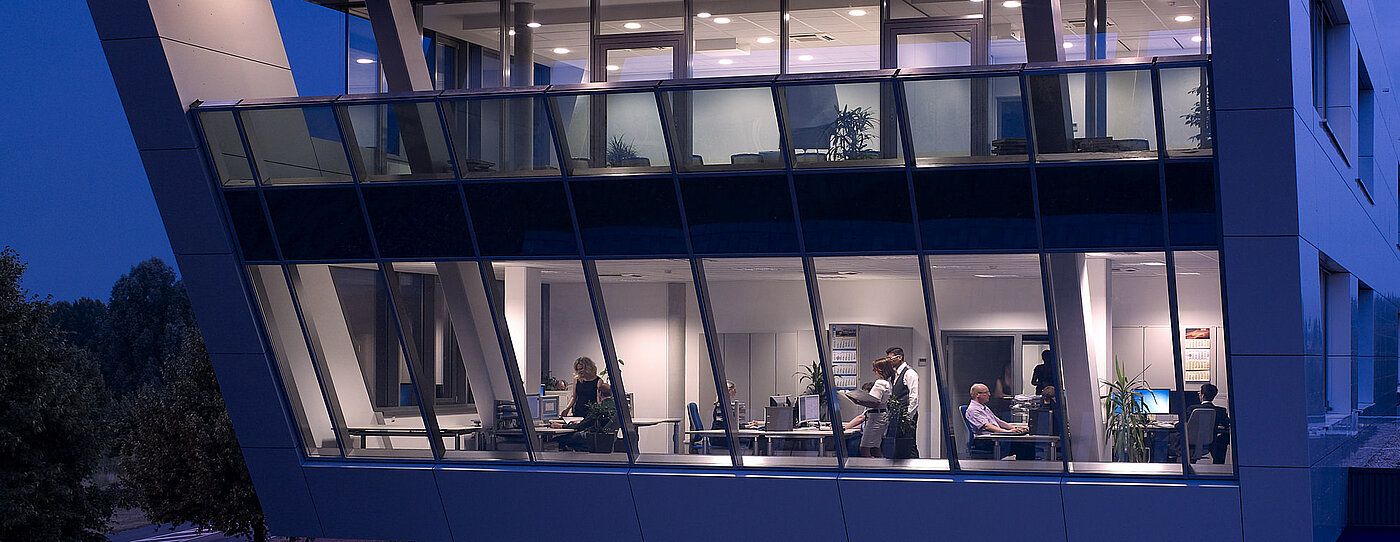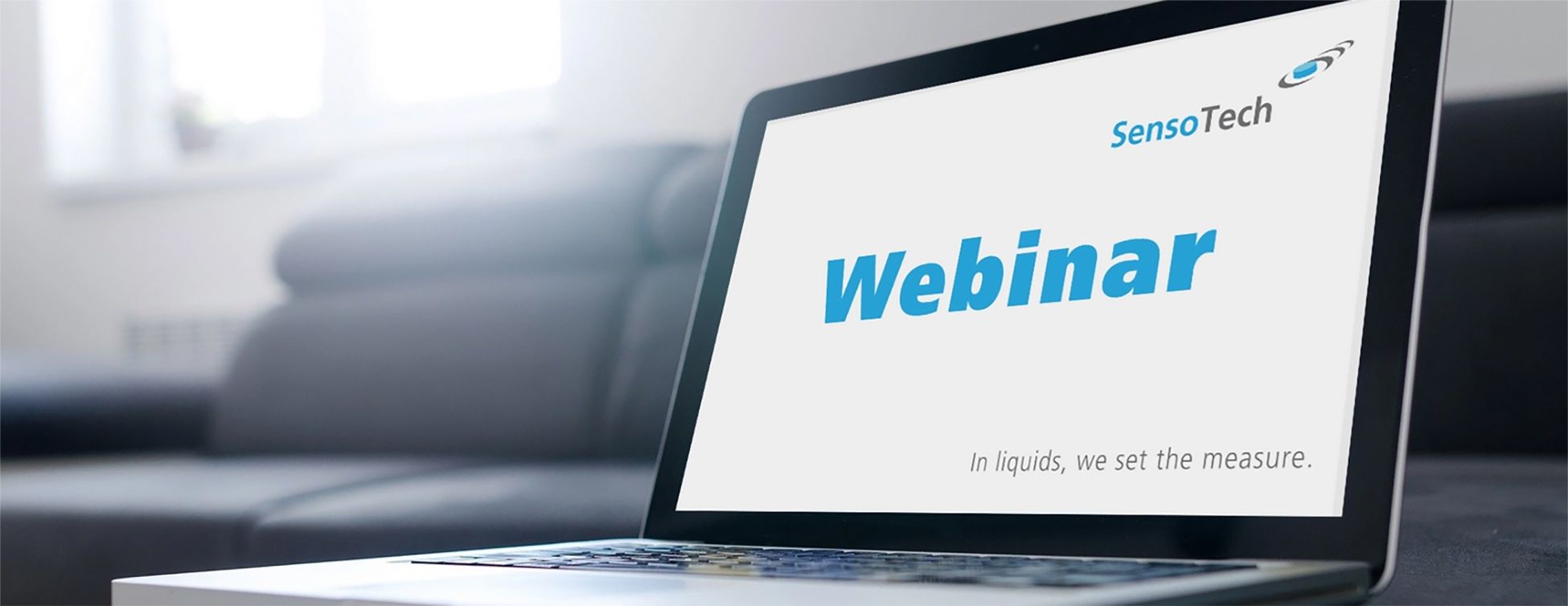Measure methanol concentration precisely
for maximum process efficiency
for maximum process efficiency
Continuous inline measurement of methanol content with LiquiSonic® ultrasonic technology.
Maximum process efficiency in chemistry, petrochemistry, and pharmaceuticals - With highest accuracy and without sampling.
Real-time measurement
Continuous monitoring without delay
Maintenance-free
No moving parts or wear components
Highest accuracy
Precise measurement even under difficult conditions
Cost savings
Reduction of operating costs and waste
Why is methanol concentration measurement
a challenge?
a challenge?
In the chemical, petrochemical, and pharmaceutical industries, methanol processing requires the highest quality standards. Even small (water) impurities can lead to costly production downtimes or quality issues.
Typical challenges:
-
Continuous process monitoring
-
Quick reaction to deviations
-
Reliable measurement even with temperature changes
-
Documentation for quality assurance
Consequences of inadequate monitoring:
-
Defective batches
-
Quality problems
-
Inefficient distillation processes
-
Rework or waste
-
Insufficient cleaning validation
-
Compliance issues
Conventional measurement methods unsuitable:
-
Classical sampling often time-consuming, error-prone, and safety-critical
-
Laboratory analyses: Measurement results often available only after hours
-
Conductivity measurement: Methanol as an organic solvent is non-conductive
-
Density measurement: Installation and calibration very complex
Our solution for methanol concentration measurement
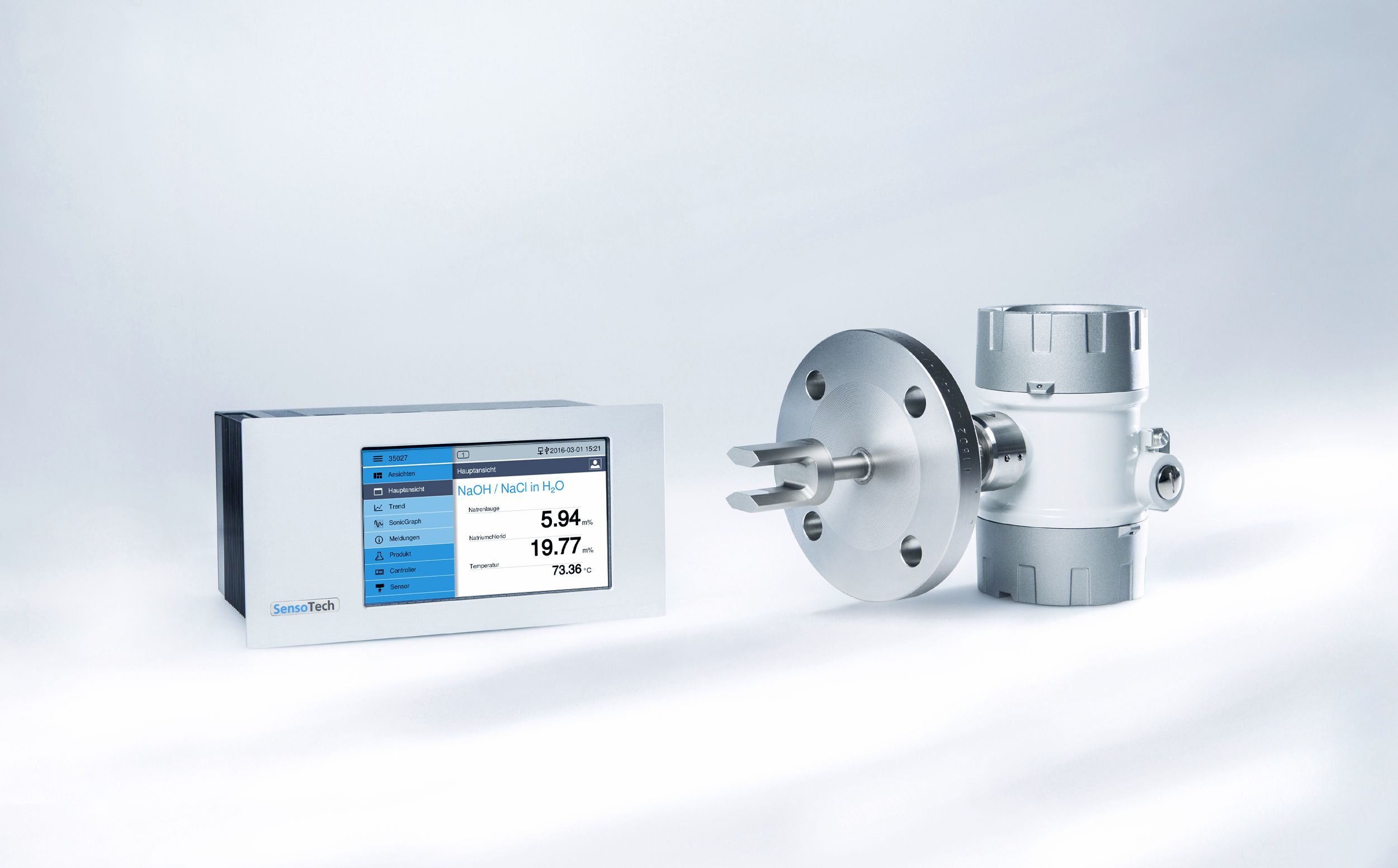
LiquiSonic® Measurement systems revolutionize methanol concentration measurement through innovative ultrasonic technology. Our maintenance-free inline sensors enable continuous process monitoring without sampling.
Highest accuracy:
Measurement accuracy up to ±0.05 wt% in water content determination
Real-time monitoring:
Immediate measurement results for quick reactions
Maintenance-free:
No moving parts, no wear
Simple Integration
Digital interfaces for all common automation systems
Technical Details
The LiquiSonic® technology uses the physical property that ultrasonic waves propagate at different speeds in liquids of different compositions. For example, the speed of sound changes in methanol-water mixtures depending on the composition and water content.
A high measurement frequency enables the detection of rapid concentration fluctuations. The integrated temperature measurement automatically compensates for temperature-related fluctuations in the speed of sound.
Economic Benefit
Economic Benefit
Cost Savings
✔ Save laboratory costs
✔ Less personnel effort
✔ Reduction of waste
✔ Optimized energy consumption
Quick Amortization
✔ Typical amortization period less than 1 year
✔ No maintenance effort
✔ Permanent availability
✔ Long service life
More Productivity
✔ Real-time data
✔ Quality improvement
✔ Automated documentation
✔ Quick response possible
Quality Assurance
Quality Assurance
-
Complete documentation of all measured values
-
Continuous process validation
-
Alerting in case of deviations
Technical Specifications
Measurement ranges (Methanol in Water) | 0-10 wt% / 50-70 wt% / 80-100 wt% |
Measurement Accuracy | typically ±0.05 wt% |
Repeatability | ±0.02 m/s |
Temperature Range | -40 °C to 200 °C |
Pressure Range | Up to 500 bar |
Sensor Length | Up to 3000 mm |
Material & Coating | Stainless steel, Hastelloy, PFA, PVDF, ETFE, ... |
Digital Transmission | Up to 1,000 m (more on request) |
Interfaces | 4-20 mA, Profibus, Ethernet, Modbus, Fieldbus, ... |
Protection Type | IP65/67/68 and Ex protection available |
Calibration | One-time factory calibration |
Maintenance | Completely maintenance-free |
Practical Examples and Applications
Formaldehyde synthesis
Precise monitoring of the methanol-water content is crucial for formaldehyde production, as the water content can negatively affect the reaction rate (or potentially lead to undesirable by-products). With our LiquiSonic® technology, you ensure consistent product quality and maximum efficiency in formaldehyde synthesis.
Pharma solvent
In the pharmaceutical industry, methanol as a solvent is subject to the strictest quality requirements, with the water content needing to be precisely specified and continuously monitored. Our inline measurement systems ensure that your methanol batches always meet pharmaceutical standards and prevent production downtimes due to quality deficiencies.
Distillation & purification
Optimizing methanol distillation processes requires continuous monitoring of the water concentration to maximize energy efficiency and achieve the desired product purity. Through precise inline measurement, you can optimally control your distillation columns and significantly reduce both operating costs and product losses.
Chemical synthesis
As an important starting material for numerous chemical reactions, methanol must meet defined purity standards, as water impurities can affect reaction rates and reduce product yields. Our measurement systems enable you to perform reliable quality control and ensure reproducible synthesis results in your chemical production.
Over 35 years of experience in concentration measurement
Over 35 years of experience in concentration measurement
Since 1990, SensoTech has been a leading provider of inline measurement technology and has established itself as a specialist in precise concentration and density measurements.
Our systems are used worldwide, even in critical applications.
35+
1000+
50+
ISO 9001
Quality certified
Do you need further references or a customer-specific feasibility study?
Frequently asked questions
SensoTech GmbH is a leading company in the field of process measurement technology based in Barleben, near Magdeburg, Germany. We develop and produce innovative solutions for monitoring and optimizing industrial processes. Our specialization lies in the precise measurement of concentrations, densities, and other parameters in liquids – in real time and directly during the process.
Unlike optical methods, which are affected by color or turbidity, conductivity-based methods sensitive to electrical conductivity, or density-based methods, which can be disturbed by temperature or gas bubbles, our ultrasonic method is independent of these influences.
The LiquiSonic® measurement technology also contains no moving parts or components that can wear out or be consumed. After installation, the measurement system is therefore completely maintenance-free and drift-free.
The sensors offer digital signal transmission up to 1000 m and enable continuous inline measurement without sample extraction.
Our system uses ultrasonic transit time measurement to determine the speed of sound in the liquid. The speed of sound correlates directly with the methanol concentration and enables Measurement accuracies of ±0.05 wt%The integrated temperature compensation ensures stable results even under fluctuating process conditions.
The system provides real-time results. You receive a current measurement value every secondThis fast response time enables effective process control and early detection of process deviations.
Since the speed of sound, like other physical quantities, is affected by temperature, all our LiquiSonic® sensors are equipped with high-precision temperature sensors. This allows the influence of temperature on the methanol concentrationmeasurement to be directly compensated Therefore, it is not necessary to integrate additional temperature sensors.
Our sensors operate reliably in a temperature range from -40 °C to 200 °C and pressures up to 500 barThrough various material options such as stainless steel, Hastelloy, or PFA coatings, aggressive media can also be measured. Ex protection for Zone 1 and 2 is also available.
Yes, our sensors are designed for extreme conditions. In addition to the extended temperature and pressure range, we offer customizations such as sensor lengths up to 3000 mm, special alloys for corrosive media, and various protection types, such as optional Ex protection. Each sensor is configured individually according to your requirements configured.
Yes, by combining speed of sound measurement with additional physical quantities (e.g., conductivity or density), multiple components can be determined simultaneously. This allows monitoring of additional substances besides methanol.
The system offers various digital interfaces (e.g., Profibus, Ethernet/IP, Foundation Fieldbus) as well as analog 4-20 mA outputs. The Integration is seamless via standardized protocols.
Yes, SensoTech manufactures sensors individually according to customer requirementsAll standard flanges, any installation lengths, various threads, and special geometries for crystallization containers or small pipes are available.
The system is completely maintenance-freeThere are no mechanical wear parts, seals, or optical windows that could be affected. Regular calibration is not required - the sensors remain stable for years.
